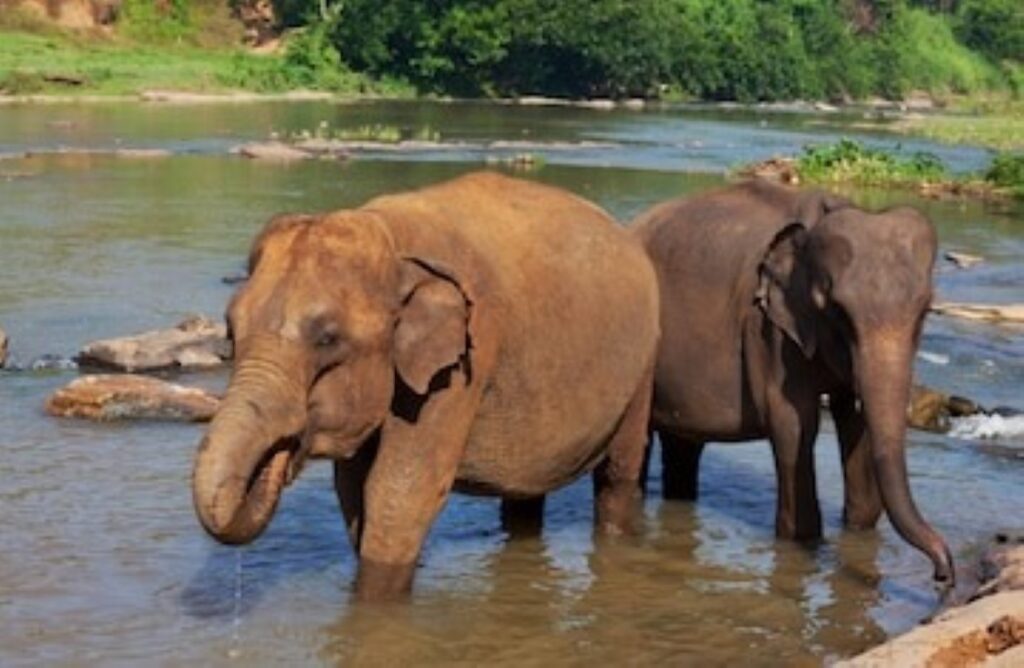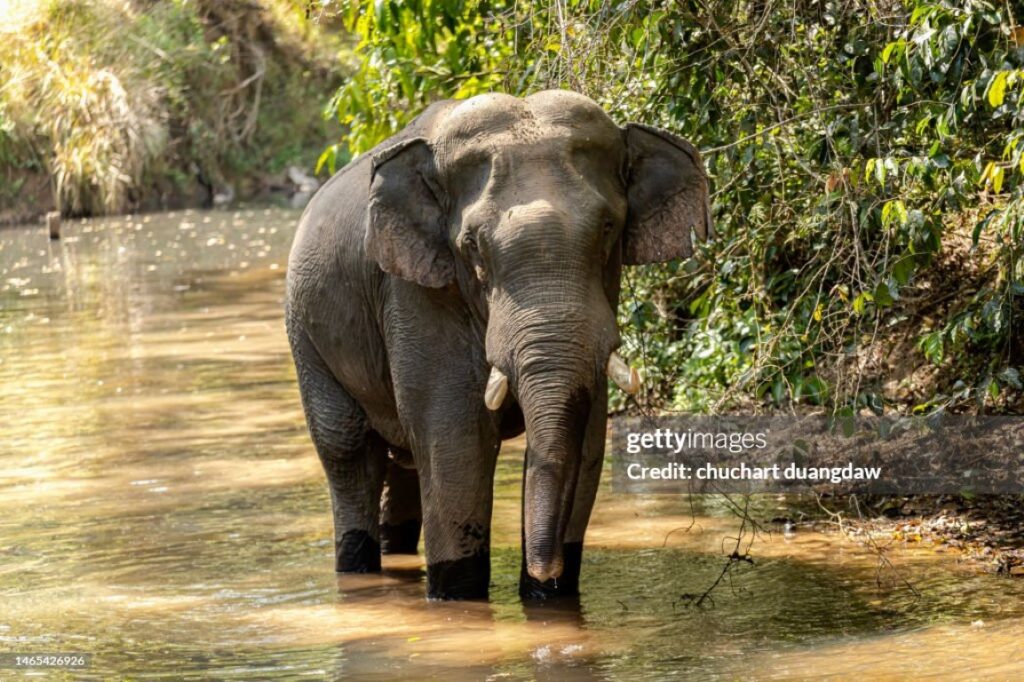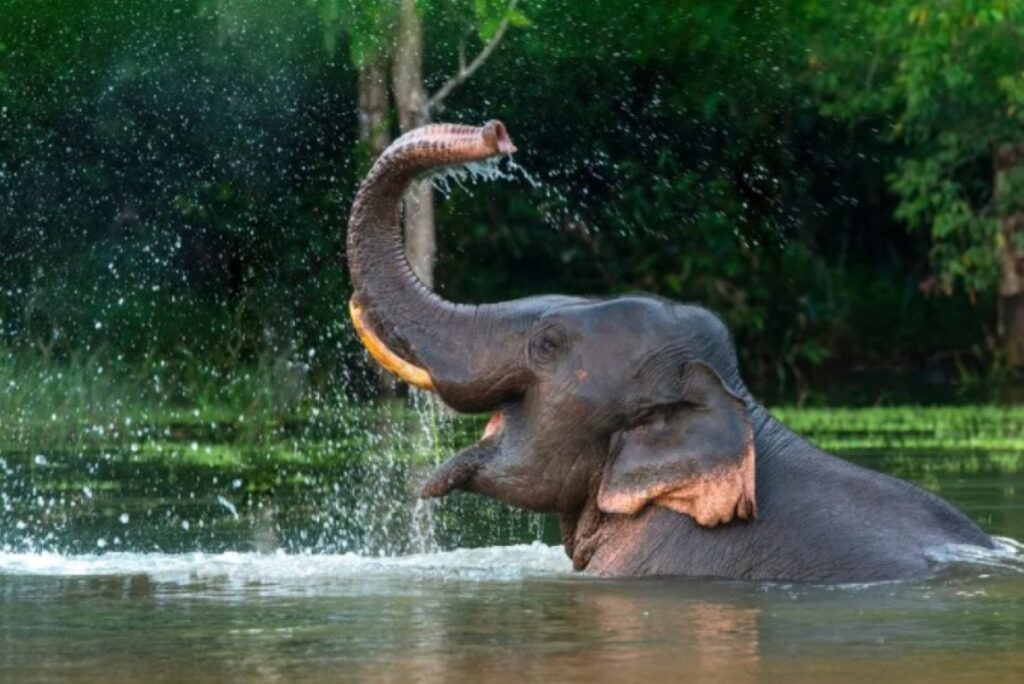Introduction
Thailand is renowned for its elephants, often considered a cultural symbol and an integral part of the nation’s heritage. However, the role of captive elephants in tourism has become a topic of significant debate. While the tourism industry thrives on elephant-related activities, ethical concerns about animal welfare have grown globally. This article delves into the history of captive elephants in Thailand, their role in the tourism sector, and the ongoing challenges to ensure sustainable and ethical practices.
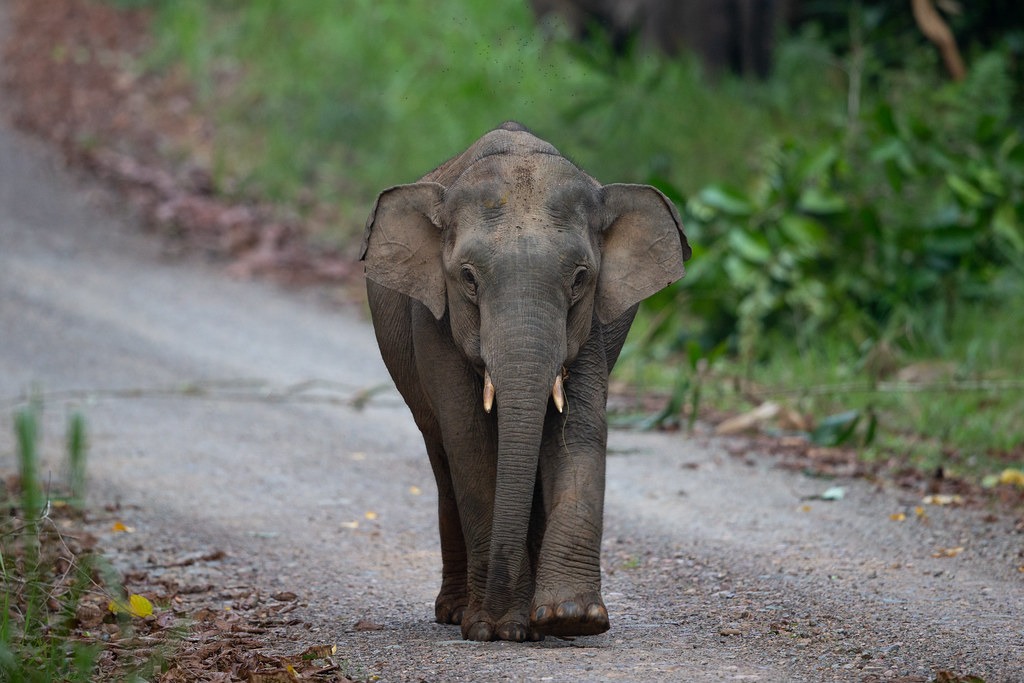
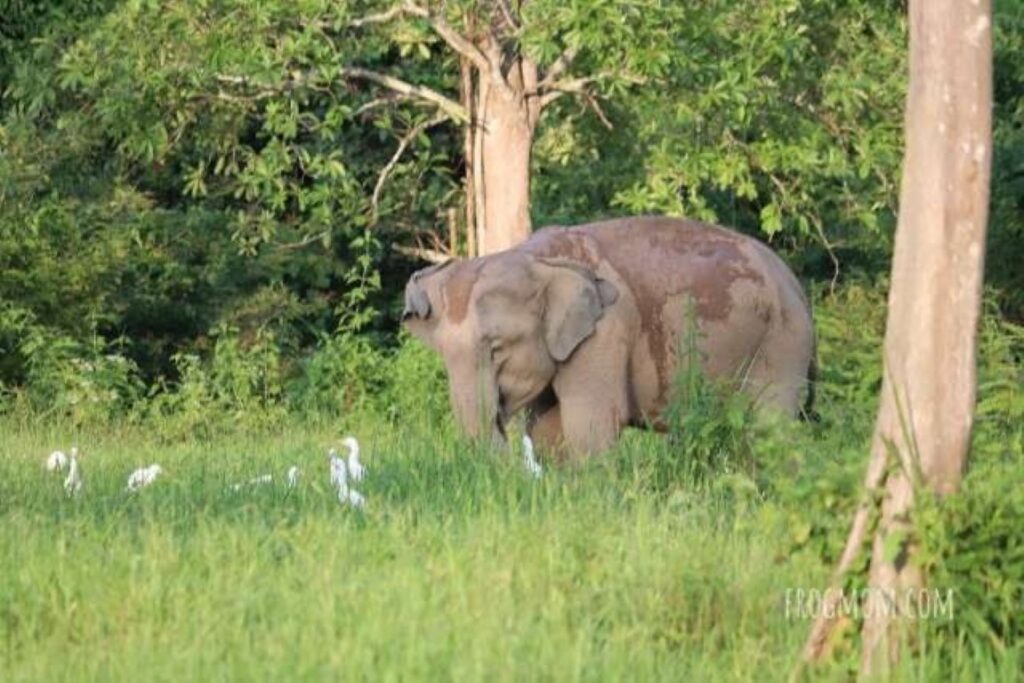
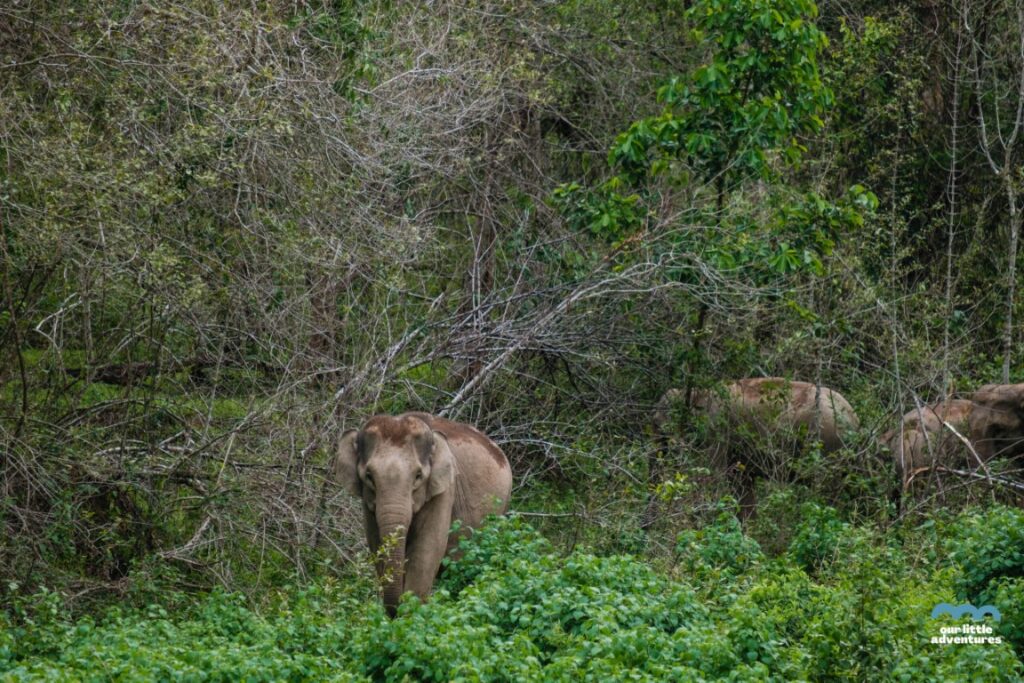
The History of Elephants in Thailand
Elephants have been revered in Thailand for centuries, symbolizing strength, loyalty, and wisdom. Historically, they played critical roles in agriculture, transportation, and warfare. During the Ayutthaya period, white elephants were regarded as sacred and symbols of royal power. However, with modernization and deforestation reducing their natural habitats, many elephants transitioned from traditional roles to captivity in the tourism industry.
Elephants in the Tourism Industry
Popular Activities Involving Elephants
In the tourism sector, elephants are featured in various activities, including:
- Elephant Trekking: Tourists ride elephants through forests and rural landscapes.
- Elephant Shows: Captive elephants perform tricks such as painting, dancing, or playing sports.
- Sanctuary Visits: Ethical tourism initiatives promote interactions such as feeding and observing elephants in semi-natural environments.
Contribution to the Economy
Elephant-related tourism significantly contributes to Thailand’s economy. Popular destinations like Chiang Mai, Phuket, and Pattaya host numerous elephant parks and sanctuaries. These activities attract millions of tourists annually, providing livelihoods for mahouts (elephant caretakers) and their families.
Ethical Concerns and Challenges
Welfare Issues
The training methods for performing elephants often involve practices considered cruel, such as “pajaan” (breaking the spirit). Additionally, overwork, inadequate diets, and lack of proper medical care are common issues faced by captive elephants.
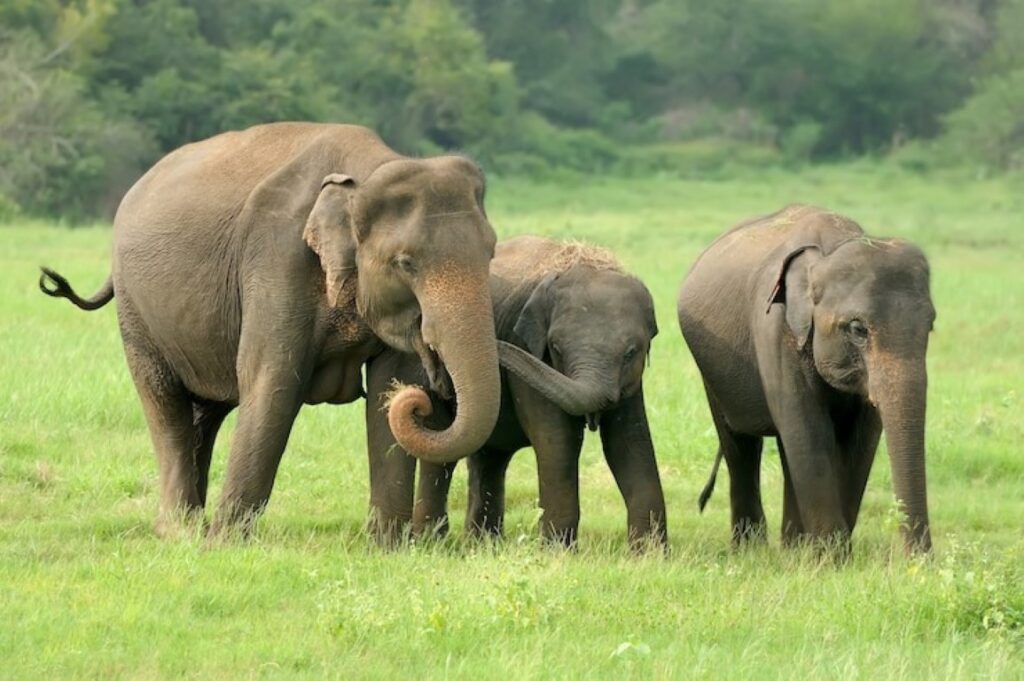


Habitat Loss and Overpopulation
Deforestation has led to a decline in natural habitats, forcing elephants into captivity. Moreover, the growing number of captive elephants raises questions about their long-term welfare and sustainability.
The Shift Toward Ethical Tourism
Emergence of Ethical Sanctuaries
In response to global criticism, many elephant facilities have adopted more ethical practices, prioritizing the well-being of the animals. Ethical sanctuaries provide ample space, a natural diet, and medical care, allowing elephants to live with minimal human interference.
Educating Tourists
Tourism operators and NGOs are increasingly educating tourists about ethical practices. Visitors are encouraged to avoid activities like elephant rides and shows, opting for responsible interactions that support conservation.
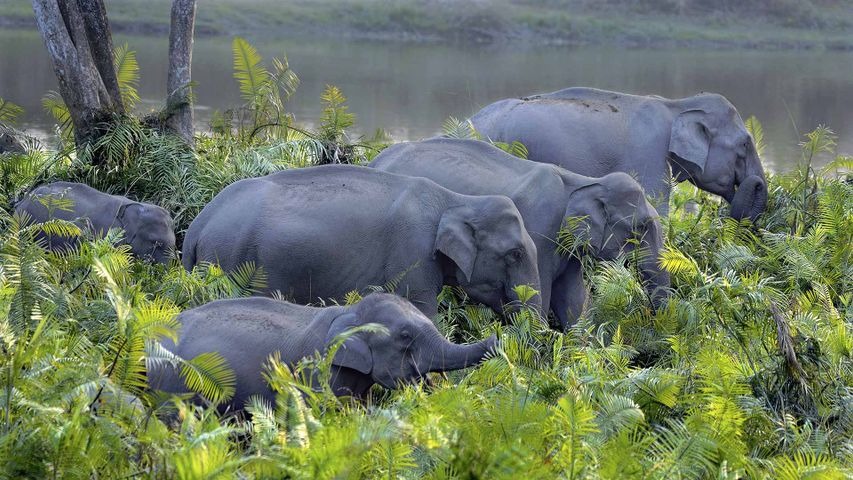

Government Policies and Regulations
The Thai government has introduced regulations to improve the welfare of captive elephants. Efforts include:
- Monitoring elephant camps to ensure compliance with animal welfare standards.
- Promoting eco-tourism initiatives that focus on conservation.
- Supporting mahouts and their communities through sustainable programs.
Future Prospects
The future of captive elephants in Thailand’s tourism industry depends on balancing economic interests with ethical considerations. By fostering awareness, implementing stricter regulations, and promoting ethical tourism, Thailand can ensure that its elephants are treated with the respect and care they deserve.
Conclusion
Thailand’s elephants hold immense cultural and economic significance. While they continue to attract millions of tourists, it is crucial to address the ethical challenges associated with their captivity. A sustainable and compassionate approach to elephant tourism can preserve these magnificent creatures for generations to come, maintaining their iconic status in Thai culture and heritage.
